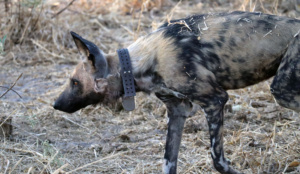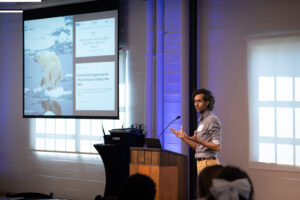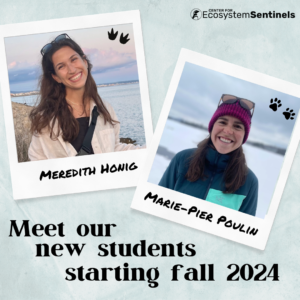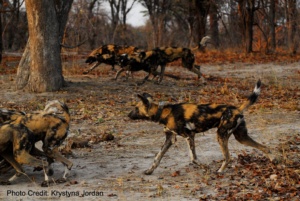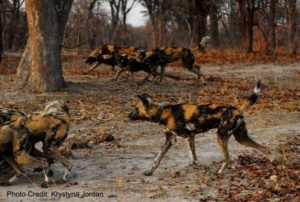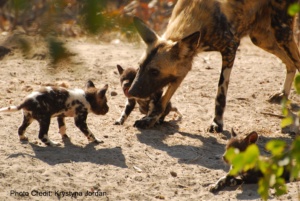Ecosystem Sentinels as Early-Warning Indicators in the Anthropocene
Authors: Elliott L. Hazen, Matthew S. Savoca T.J. Clark-Wolf, Max Czapanskiy, Peter M. Rabinowitz, and Briana AbrahmsJournal: Annual Review of Environment and ResourcesDOI: https://doi.org/10.1146/annurev-environ-111522-102317 “Sentinel species, from birds to invertebrates, have been used to provide insights into ecosystem function, as leading indicators of risk to human health and as harbingers of future change, with implications for ecosystem structure and function. […]
Ecosystem Sentinels as Early-Warning Indicators in the Anthropocene Read More »
